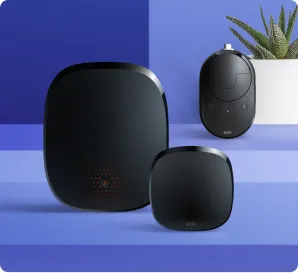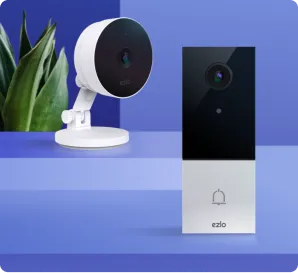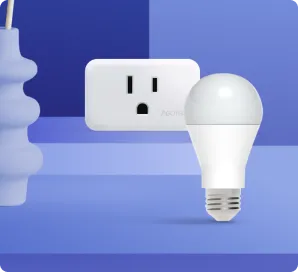What You Need to Know About Smart Home Sensors
Smart Home technology has come a long way since its inception in the late 19th century. What was once a tool for convenience has now become a critical component in providing safety and home protection. The newest brand of equipment on the market today is the home sensor. These systems use sensory technology to detect motion, leaks, and fire hazards.
Most people don’t know that there are up to twelve different smart-home sensors, each with multiple functions. Here is a list of popular sensors you should consider when investing in smart-home technology.
Types of Smart Home Sensors
As technology evolves, the component market gets saturated with new gadgets and sensor devices. This list only outlines the items on the market that help improve home safety. Note that this list is not conclusive.
- Motion sensors; Motion sensors detect movement. They trigger home automation processes like controlling smart-lighting. These sensors also function as alarm systems. They alert homeowners when there is unusual activity around their property.
- Vibration sensors; These sensors alert you when someone knocks at your door. Unlike motion sensors, someone does not need to open the door for you to be alerted. The simple act of knocking is what is detected.
- Sound sensors; These sensors will detect noise at various levels. You can set them to monitor high pitch alarm sounds or even low pitch sounds, even as low as murmurs. Sound sensors are crucial because they detect loud noises and how long these sounds have gone on.
In principle, if you own a rental property and your tenants hold long, loud parties, a sound sensor will alert you and save you tons in fines.
- Water/leak sensors: Smart plumbing is one of the most efficient and highly recommended sensors on this list. This component prevents water damage by cutting off the water supply to an area when a leak is detected. This device saves you thousands of dollars in water damage and repair costs.
- Fire/Smoke/CO/CO2 sensors: Home safety counts for more than just deterring criminals. It is a blend of safety protocols that help prevent damage.
Fire sensors reduce the chances of fire damage by up to 50%. All these sensors work together to make your home safer and more habitable.
- Electricity usage sensors; This sensor helps to monitor power usage. An electricity usage detectors also identify areas that consume too much electricity and require repair. This sensor makes your system more efficient and prevents devices with redundant power consumption from increasing your light bill.
- Location sensors; Did you know that you can schedule your smart home ecosystem to detect your presence and automatically trigger a response? Location sensors use specific Smart-devices to switch on the lights or even open the front door. Location sensors aren’t popular because they are mainly stand-alone devices with one function.
Critical Considerations before Purchasing Smart Home Sensors
Smart home sensors are only as effective as the placement. Before purchasing any equipment, ensure you know where it will be most efficient. It is also critical to understand the qualities of a specific device, what it can integrate into, and which components are compatible with it.
The only way to bypass compatibility issues is to opt for professional installation. Some more considerations include:
- Battery life is crucial when buying any wireless device. The time it takes your battery to become problematic is worth considering. Check warranties and customer reviews on various products to get the right fit.
- The specific use of a device is also a consideration. When buying a home sensor, ensure the manual shows whether the component is for indoor or outdoor use. Most modern sensors are vulnerable to damage, especially by the elements.
For this reason, it is critical to ensure you check the instructions for proper practice.
Control hub requirements; Home sensors operate under the umbrella of an IoT network. This feature means they integrate with other devices to create a mutually beneficial network. To effectively run this system, you need to have a control panel that operates all these components. Compatibility is still a concern for control hubs, so you need to ensure you check your devices before making a purchase.
- The range is also a critical feature, especially when dealing with outdoor devices. You don’t want the extra cost of purchasing range extenders. The best solution is to find an appropriate sensor for the area you want to be covered.
You may need to dig a bit deeper into your pocket to get the best devices, but the quality is the only thing that matters where safety and value for money are concerned. Take time to research specific brands and what people are saying about them.
Verdict
Home sensors should be the first purchase you make in the quest to improve home safety. These devices are top-tier, effective, reliable, and increase property value.


















